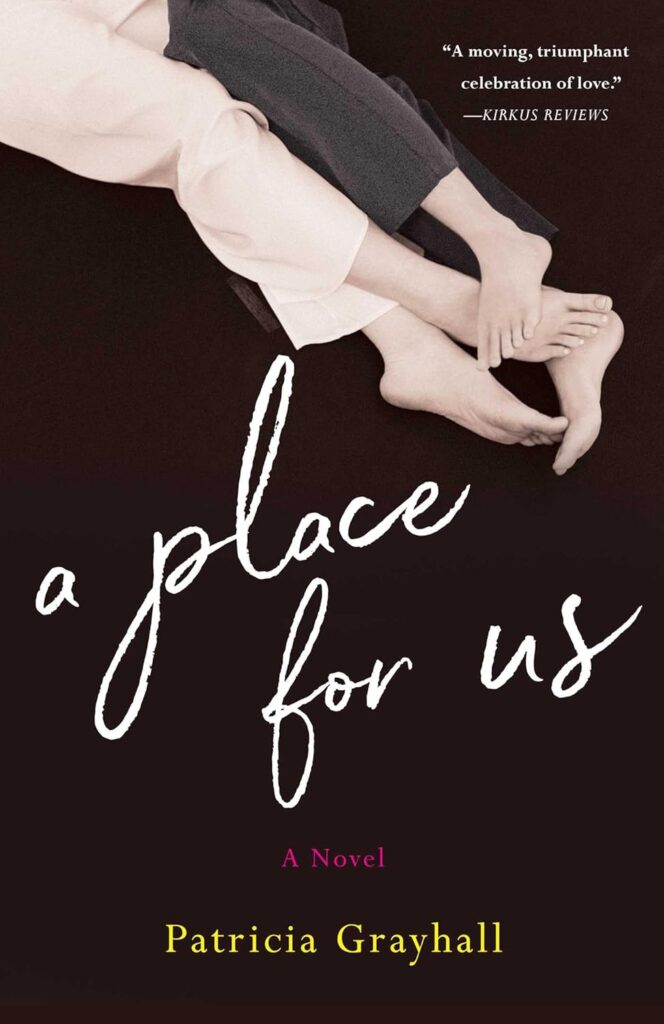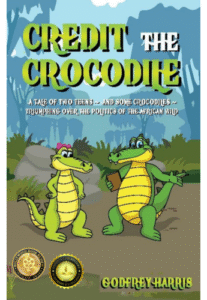A Place for Us: Love Without Borders — Or Rights
If Carol and Before Sunrise had a long-lost cousin with a political edge and a hopeful heart, it would be A Place for Us. Patricia Grayhall’s tender, decades-spanning drama plays like an intimate indie film that lingers in your chest long after the credits roll.
The story begins in smoky 1981 London, where Jo — a sharp-tongued American attorney caught in a dead-end relationship — meets Lauren, an English office worker who’s never loved a woman before. A single glance across a pub and two transatlantic trips later, they’re on fire. But like any great love story worth its weight in heartbreak, timing is cruel. Jo walks away. Cue the 20-year time jump.
Now it’s post-9/11 America, and Lauren — weathered but wiser, visiting from Paris with her drama-magnet girlfriend — reconnects with Jo in Northern California. The old flame? It never went out. What follows is a second-chance romance with real-world stakes. There are no sweeping orchestral swells or airport chase scenes here — just two women trying to build a life while immigration laws, societal biases, and past heartbreaks try to pull them apart.
Grayhall’s writing has the texture of a quiet film: crisp dialogue, slow-burn intimacy, and a strong sense of place. Some political conversations lean toward the on-the-nose, like a character breaking the fourth wall to explain injustice. But by the time you notice, you’re already emotionally invested. The romance overrides the rhetoric.
This isn’t just a love story — it’s a story about choosing love in a world that hasn’t made space for it yet. And that’s what makes A Place for Us feel both timeless and timely — a warm, honest look at what it means to fight for happiness when even the law doesn’t believe you belong.
A moving, triumphant celebration of love — and the courage to claim it.
Genre: Political Thriller





